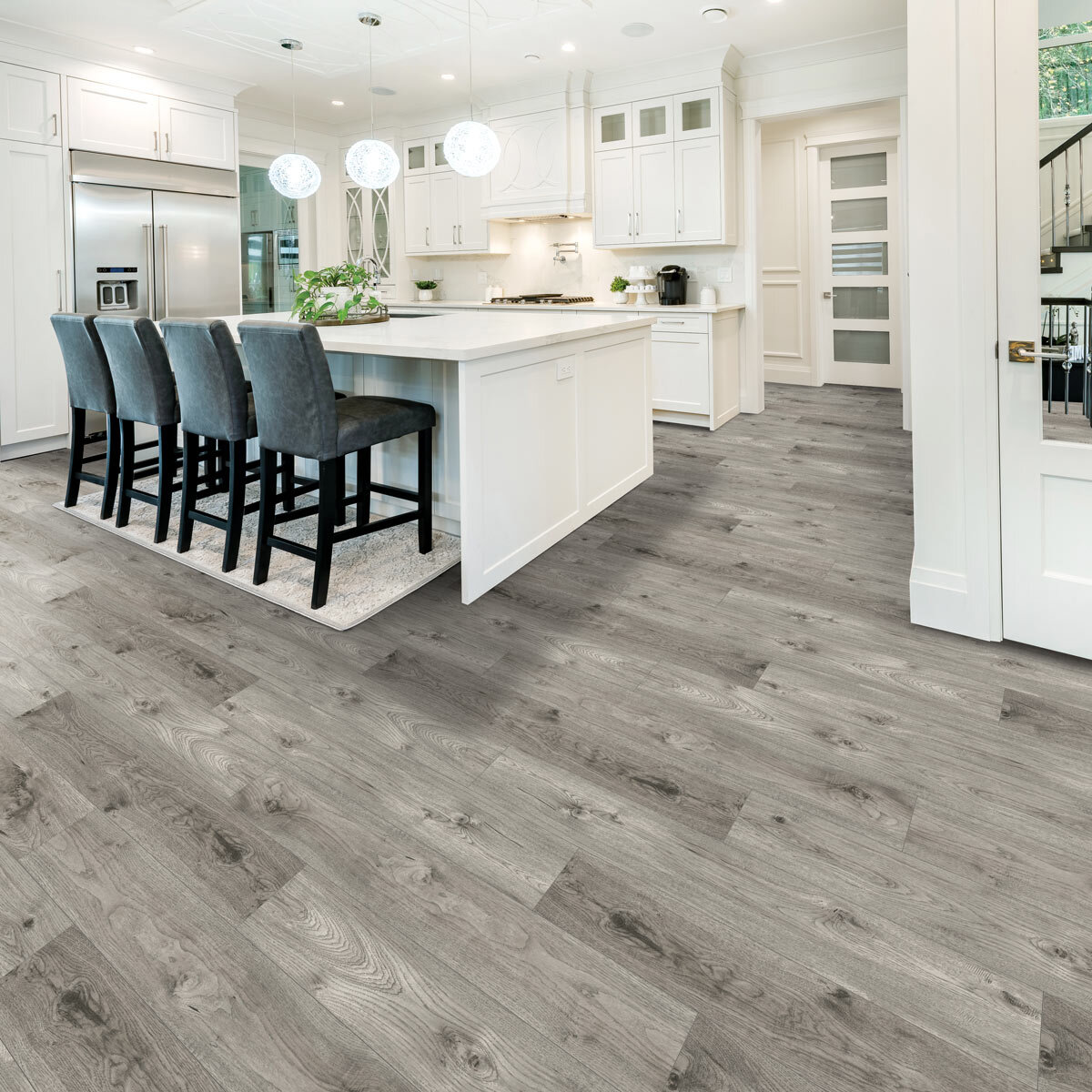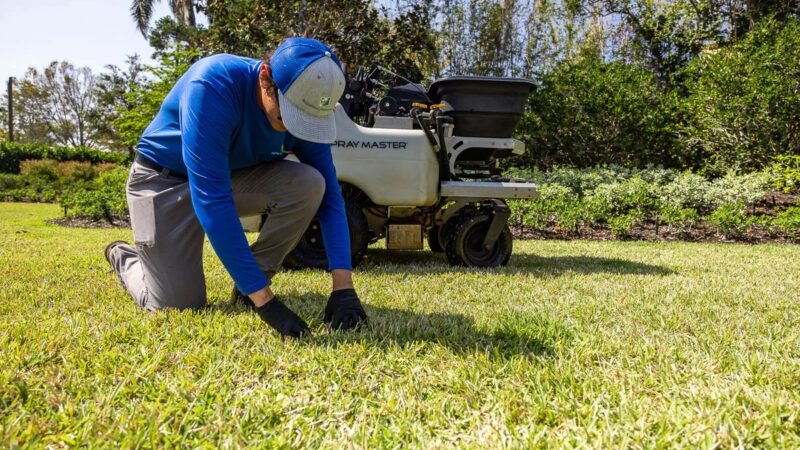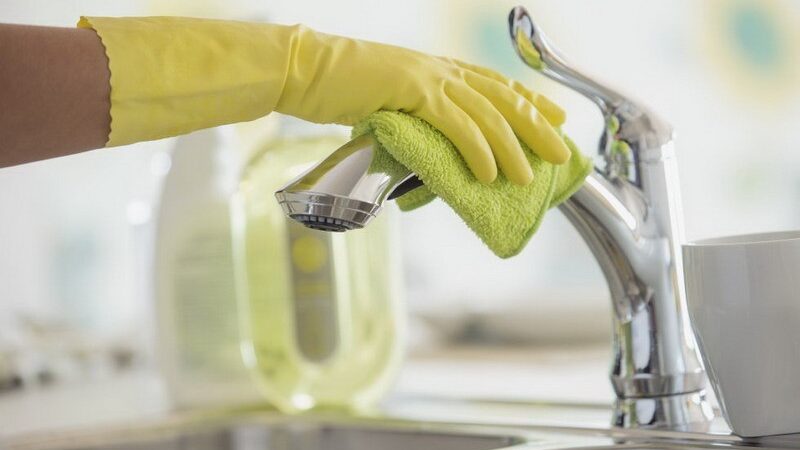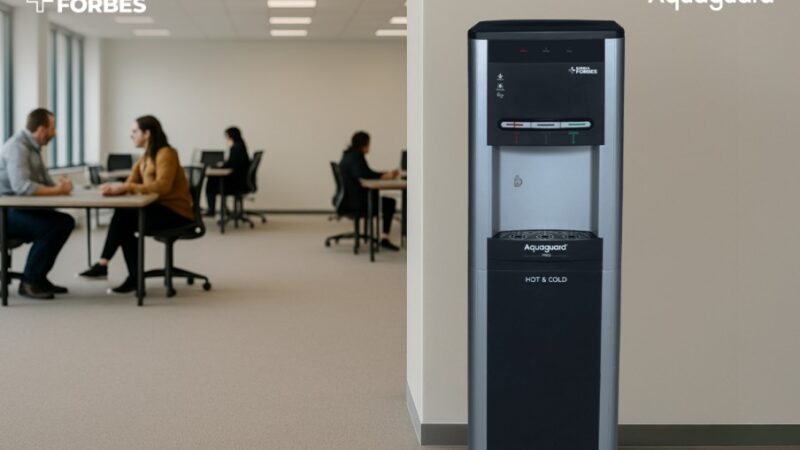The Eco-Friendly Side of Vinyl Flooring: Sustainable Options for Your Home

When it comes to choosing Vinyl flooring Dubai for your home, vinyl has long been a popular choice due to its durability, affordability, and versatility. However, as environmental awareness grows, many homeowners are looking for more sustainable options. Thankfully, the vinyl flooring industry has evolved to meet these demands by introducing eco-friendly alternatives. In this blog, we’ll explore how vinyl flooring can align with your green goals, highlighting sustainable manufacturing processes, recycled materials, and low-VOC (volatile organic compound) options.
Why Consider Eco-Friendly Vinyl Flooring?
Traditional vinyl flooring has faced criticism for its environmental impact. It is made from polyvinyl chloride (PVC), which involves energy-intensive production and the use of potentially harmful chemicals. Additionally, vinyl has historically been challenging to recycle, contributing to landfill waste.
However, innovations in technology and manufacturing practices have made it possible to enjoy the benefits of vinyl flooring while minimizing its ecological footprint. Eco-friendly vinyl flooring options provide:
Reduced Environmental Impact: By using recycled content and sustainable production practices, these products lower the demand for virgin materials and energy consumption.
Healthier Indoor Air Quality: Low-VOC vinyl flooring reduces emissions of harmful chemicals, creating a safer indoor environment for your family.
Recyclability: Many eco-friendly vinyl flooring options can be recycled, reducing landfill waste at the end of their lifecycle.
Features of Eco-Friendly Vinyl Flooring
Recycled Materials
One of the most significant advancements in vinyl flooring is the use of recycled materials. Manufacturers are increasingly incorporating post-industrial and post-consumer waste into their products. For instance, some vinyl flooring options now feature backing layers made from recycled plastic bottles or other reclaimed materials.
By repurposing these materials, companies are reducing waste and conserving natural resources. Opting for vinyl flooring with recycled content not only supports sustainability but also reduces the demand for virgin PVC production.
Low-VOC Options
Volatile organic compounds (VOCs) are chemicals that can be emitted by certain materials, including some traditional vinyl flooring products. High VOC levels can contribute to indoor air pollution, potentially causing health issues such as headaches, dizziness, or respiratory irritation.
Eco-friendly vinyl flooring is designed with low-VOC or even zero-VOC emissions. This ensures healthier indoor air quality, making these products especially appealing for families with young children, pets, or individuals with allergies.
Phthalate-Free Vinyl Flooring
Phthalates are chemicals used as plasticizers in some vinyl products to improve flexibility. However, they have been associated with health concerns and environmental issues. Many manufacturers now offer phthalate-free vinyl flooring, ensuring a safer choice for your home and the planet.
Durability and Longevity
Eco-friendly vinyl flooring is built to last, which is another key aspect of sustainability. Durable flooring reduces the need for frequent replacements, cutting down on resource consumption and waste over time. High-quality vinyl options are often scratch-resistant, water-resistant, and easy to maintain, making them an excellent investment.
Recyclable Products
While recycling vinyl flooring has traditionally been challenging, advancements in technology are changing this. Some manufacturers now offer take-back programs, allowing consumers to return used flooring for recycling. This ensures that old vinyl flooring can be repurposed rather than ending up in a landfill.
Tips for Choosing Eco-Friendly Vinyl Flooring
Look for Certifications: Seek out products with certifications such as FloorScore or GreenGuard, which ensure low VOC emissions and sustainable manufacturing practices.
Ask About Recycled Content: Inquire about the percentage of recycled materials used in the product. Higher recycled content typically indicates a more eco-friendly choice.
Research Manufacturer Practices: Choose brands that prioritize sustainability, transparency, and ethical manufacturing processes. Many companies provide detailed information about their environmental efforts on their websites.
Opt for Quality: High-quality flooring may have a higher upfront cost, but its durability ensures a longer lifecycle, reducing overall environmental impact.
Leading Brands Offering Sustainable Vinyl Flooring
Several manufacturers have embraced sustainability in their vinyl flooring products. Here are a few notable examples:
Forbo Flooring Systems: Known for its Marmoleum line, Forbo also offers vinyl options that incorporate recycled materials and meet stringent environmental standards.
Armstrong Flooring: Armstrong’s LUXE Plank and other collections prioritize low-VOC emissions and sustainable sourcing.
Tarkett: Tarkett is a leader in circular economy practices, offering vinyl flooring made with recycled content and take-back programs for end-of-life recycling.
Shaw Floors: Shaw’s eco-friendly vinyl products are designed with durability and sustainability in mind, often featuring certifications like FloorScore.
Caring for Eco-Friendly Vinyl Flooring
To maximize the lifespan and sustainability of your eco-friendly vinyl flooring, follow these care tips:
Regular Cleaning: Use a damp mop and mild, non-toxic cleaner to maintain cleanliness without harsh chemicals.
Avoid Abrasives: Prevent scratches by placing felt pads under furniture and using mats in high-traffic areas.
Recycle Responsibly: When it’s time to replace your flooring, check with the manufacturer or local recycling programs for proper disposal.
Conclusion
Eco-friendly vinyl Flooring Dubai offers a sustainable solution for homeowners who want the practicality of vinyl without compromising their commitment to the environment. With options that incorporate recycled materials, emit low VOCs, and prioritize durability, today’s vinyl flooring can be both stylish and sustainable. By choosing the right products and caring for them properly, you can enjoy beautiful, long-lasting floors that align with your green lifestyle goals.
Whether you’re renovating a single room or building a new home, eco-friendly vinyl flooring proves that style and sustainability can go hand in hand







